Diving into the Nutritional Depths: A Scientifically Backed Guide to the Top 15 Life-Enhancing Diets for Seniors
As we age, our dietary needs evolve, necessitating a shift in our eating habits to ensure we maintain optimum health. This guide delves into the scientific underpinnings of the top 15 life-enhancing diets for seniors, providing a comprehensive look at their benefits, potential drawbacks, and how they can be integrated into daily life. Each diet is backed by extensive research, ensuring that you have reliable information at your fingertips. This exploration will not only help you understand these diets but also demonstrate how they can be interconnected to create a holistic dietary regimen.
The Mediterranean Diet

The Mediterranean diet, inspired by the eating habits of Greece, Italy, and Spain, is renowned for its heart-healthy benefits. This diet emphasizes fruits, vegetables, whole grains, and lean proteins, with a moderate intake of red wine. Numerous studies have shown that this diet can reduce the risk of heart disease, improve brain health, and extend life expectancy.
The DASH Diet
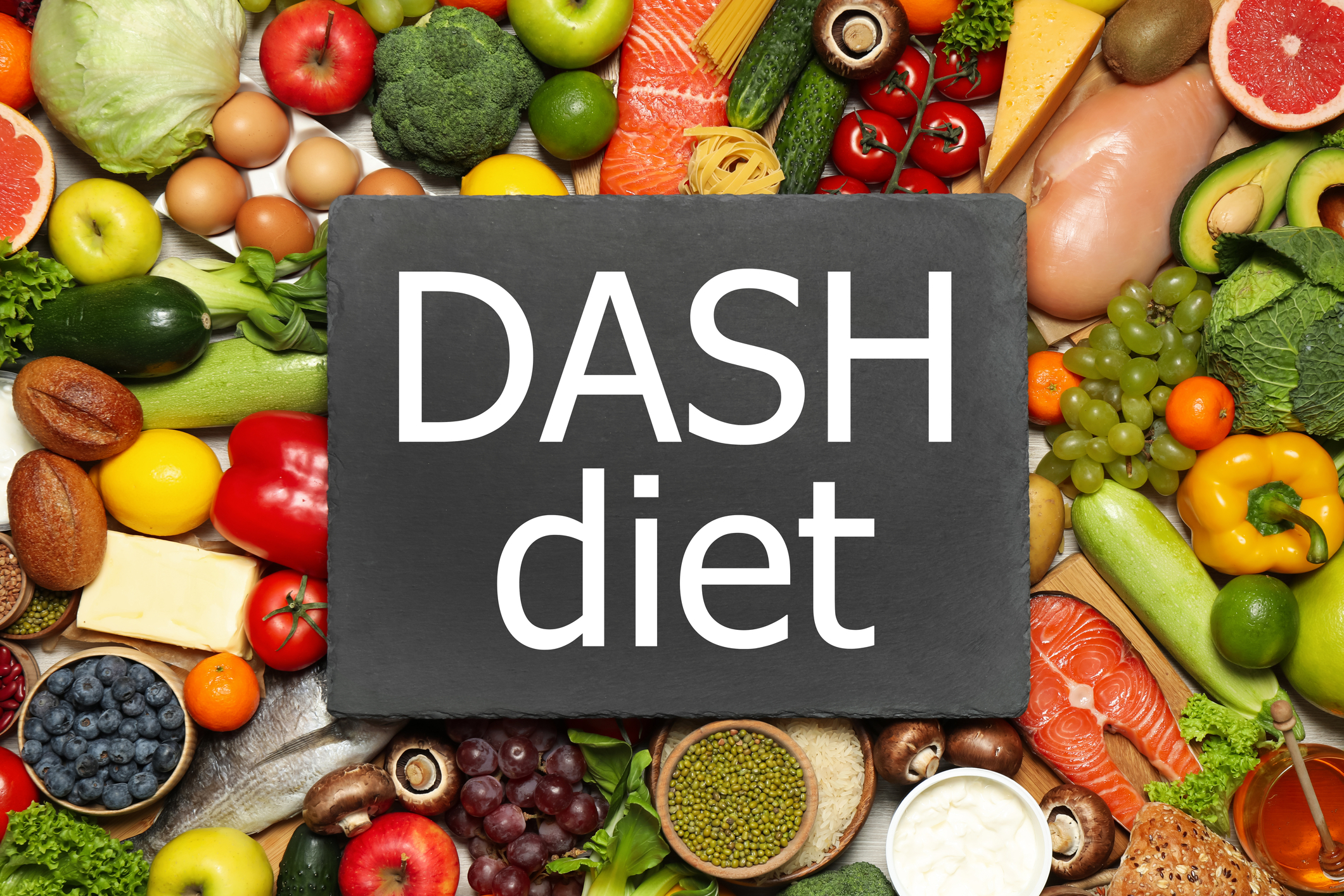
The Dietary Approaches to Stop Hypertension (DASH) diet is designed to lower high blood pressure, a common issue among seniors. This diet encourages consumption of fruits, vegetables, lean proteins, and low-fat dairy products while limiting sodium intake. The DASH diet not only helps control hypertension but also reduces the risk of heart disease.
The MIND Diet

A hybrid of the Mediterranean and DASH diets, the MIND diet focuses on foods that promote brain health. It emphasizes berries, green leafy vegetables, nuts, and fish, which are rich in antioxidants and omega-3 fatty acids. Research suggests that this diet may delay cognitive decline and lower the risk of Alzheimer’s disease.
The Flexitarian Diet

The Flexitarian diet is a flexible vegetarian diet that allows occasional meat consumption. This balanced diet can help seniors maintain a healthy weight, lower blood pressure, and reduce the risk of heart disease, diabetes, and cancer. It encourages a high intake of fruits, vegetables, whole grains, and plant-based proteins.
The Volumetrics Diet

The Volumetrics diet is based on the principle of eating more low-calorie, high-volume foods to feel full and satisfied. This diet can help seniors manage their weight while ensuring they get the necessary nutrients. It emphasizes fruits, vegetables, lean proteins, and whole grains, and discourages high-fat foods.
The Paleo Diet

The Paleo diet, also known as the caveman diet, includes foods that our hunter-gatherer ancestors supposedly ate: fruits, vegetables, lean meats, fish, nuts, and seeds. This diet can help seniors maintain a healthy weight and reduce the risk of heart disease.
The Vegan Diet
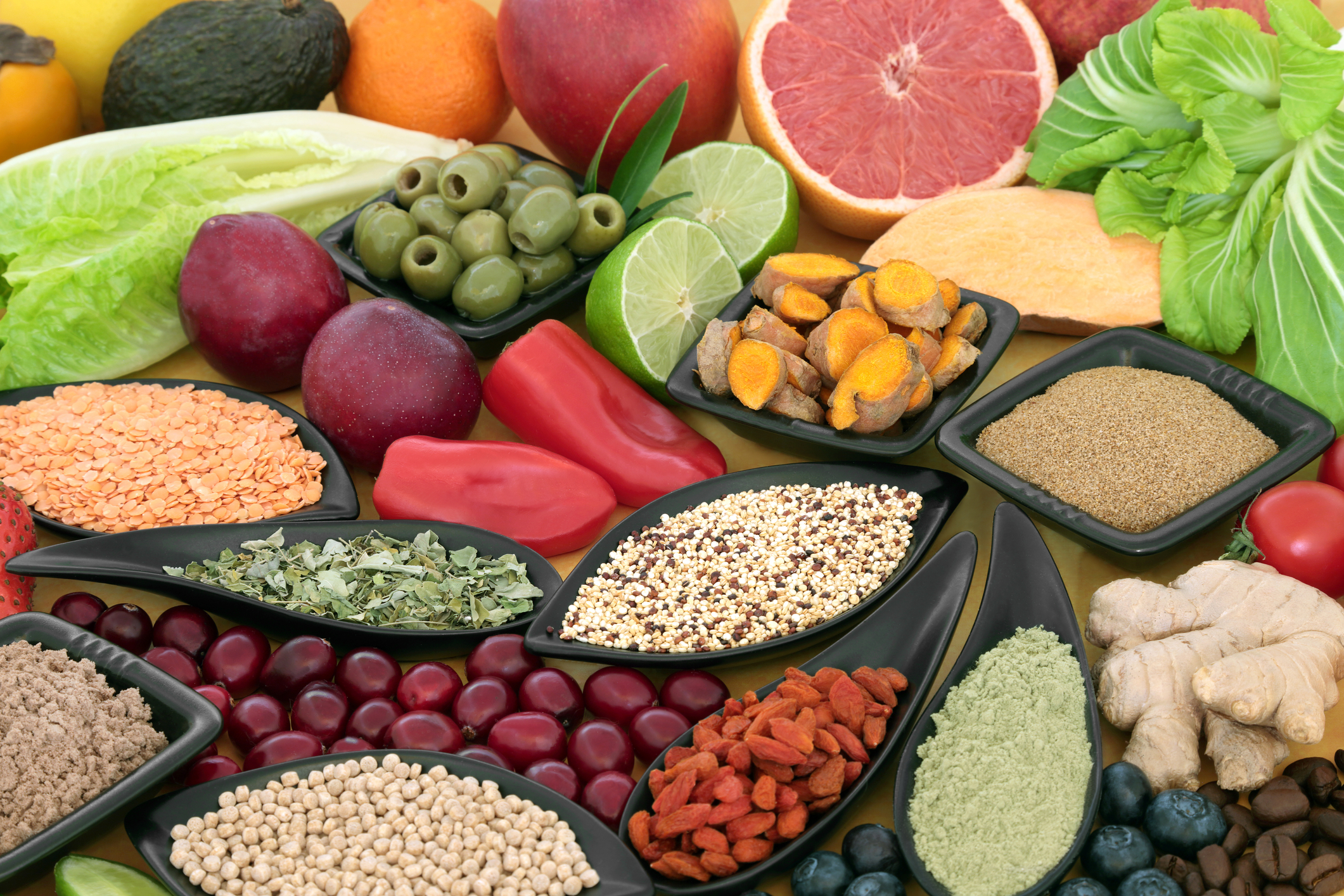
A vegan diet excludes all animal products, focusing entirely on plant-based foods. This diet can help seniors lower their cholesterol levels, maintain a healthy weight, and reduce the risk of heart disease and certain cancers. However, it requires careful planning to ensure all essential nutrients are included.
The Ketogenic Diet

The Ketogenic diet is a low-carb, high-fat diet that can help seniors lose weight and improve cognitive function. However, it requires medical supervision due to potential side effects, including nutrient deficiencies and heart disease risk.
The Gluten-Free Diet

A gluten-free diet is essential for those with celiac disease or gluten sensitivity. This diet can help seniors improve digestion and enhance energy levels. However, it requires careful food selection to avoid nutrient deficiencies.
The Low-FODMAP Diet

The Low-FODMAP diet can help seniors with irritable bowel syndrome (IBS). This diet involves limiting certain carbohydrates that are difficult to digest. It can help improve digestive symptoms and enhance overall well-being.
The Anti-Inflammatory Diet
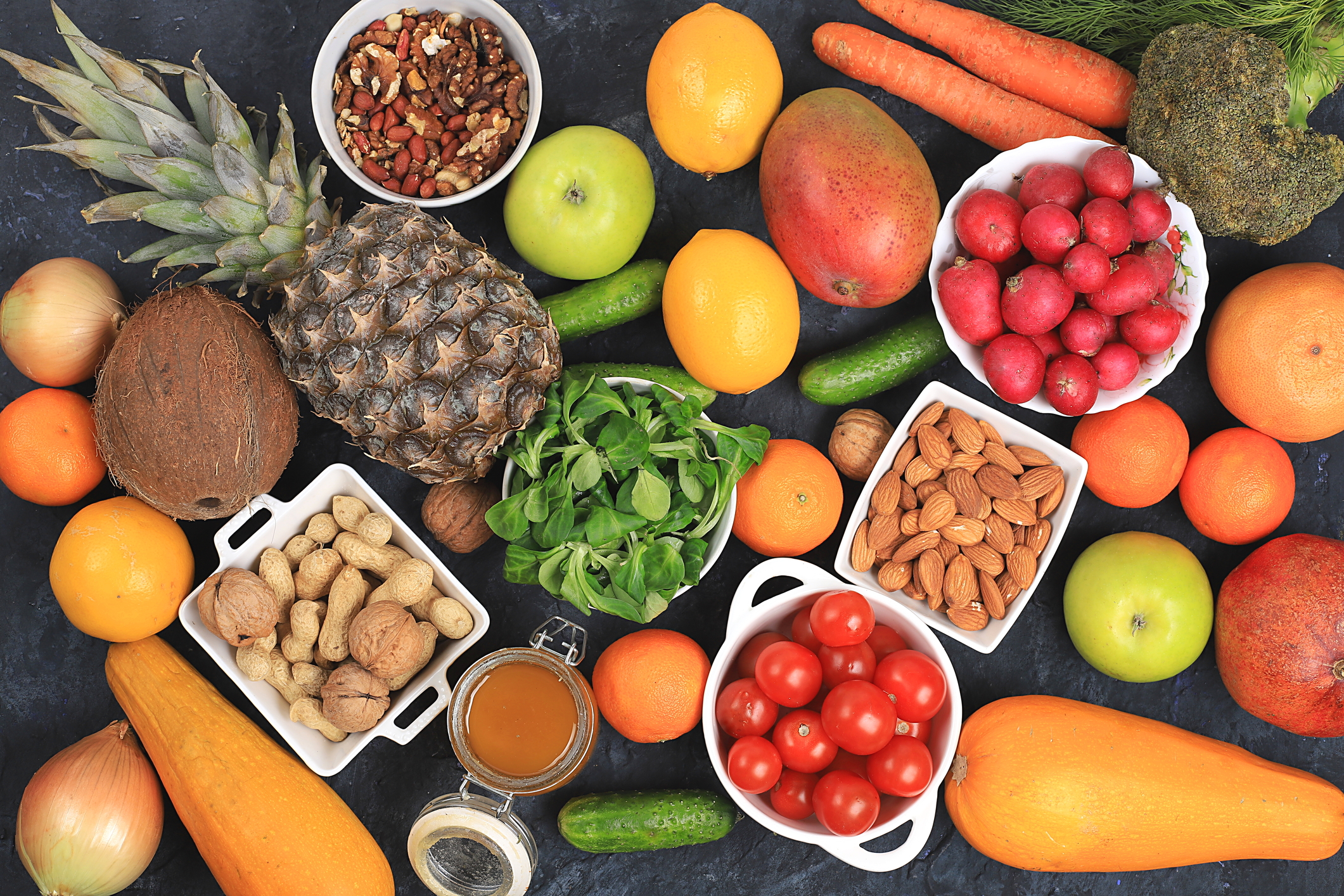
The Anti-Inflammatory diet focuses on foods that reduce inflammation in the body. This diet can help seniors manage chronic diseases like arthritis, heart disease, and diabetes. It emphasizes fruits, vegetables, whole grains, lean proteins, and healthy fats.
The Low-Sodium Diet
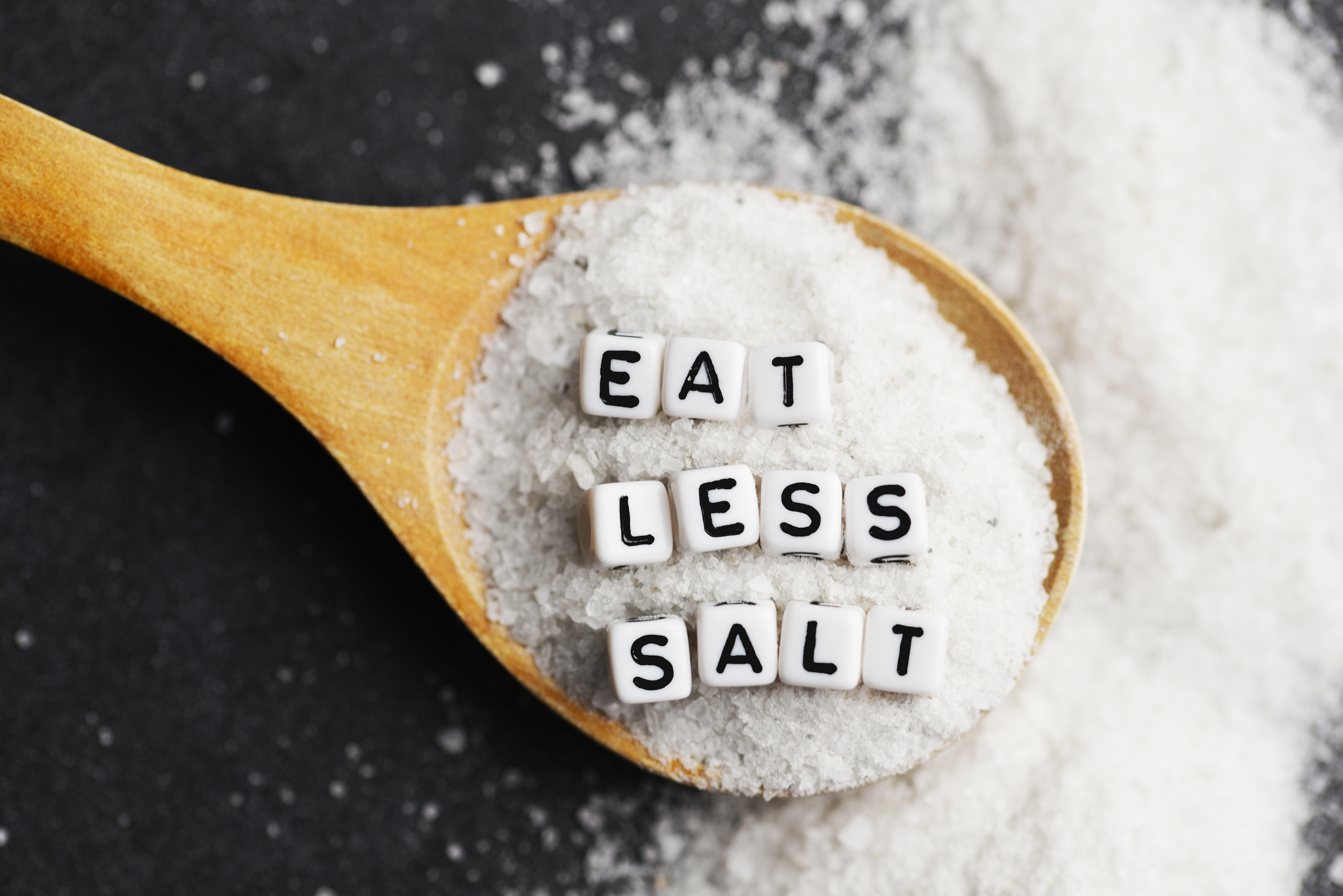
A low-sodium diet can help seniors with high blood pressure or heart disease. This diet involves limiting the intake of salt and processed foods. It can help control blood pressure, reduce the risk of heart disease, and improve overall health.
The High-Fiber Diet
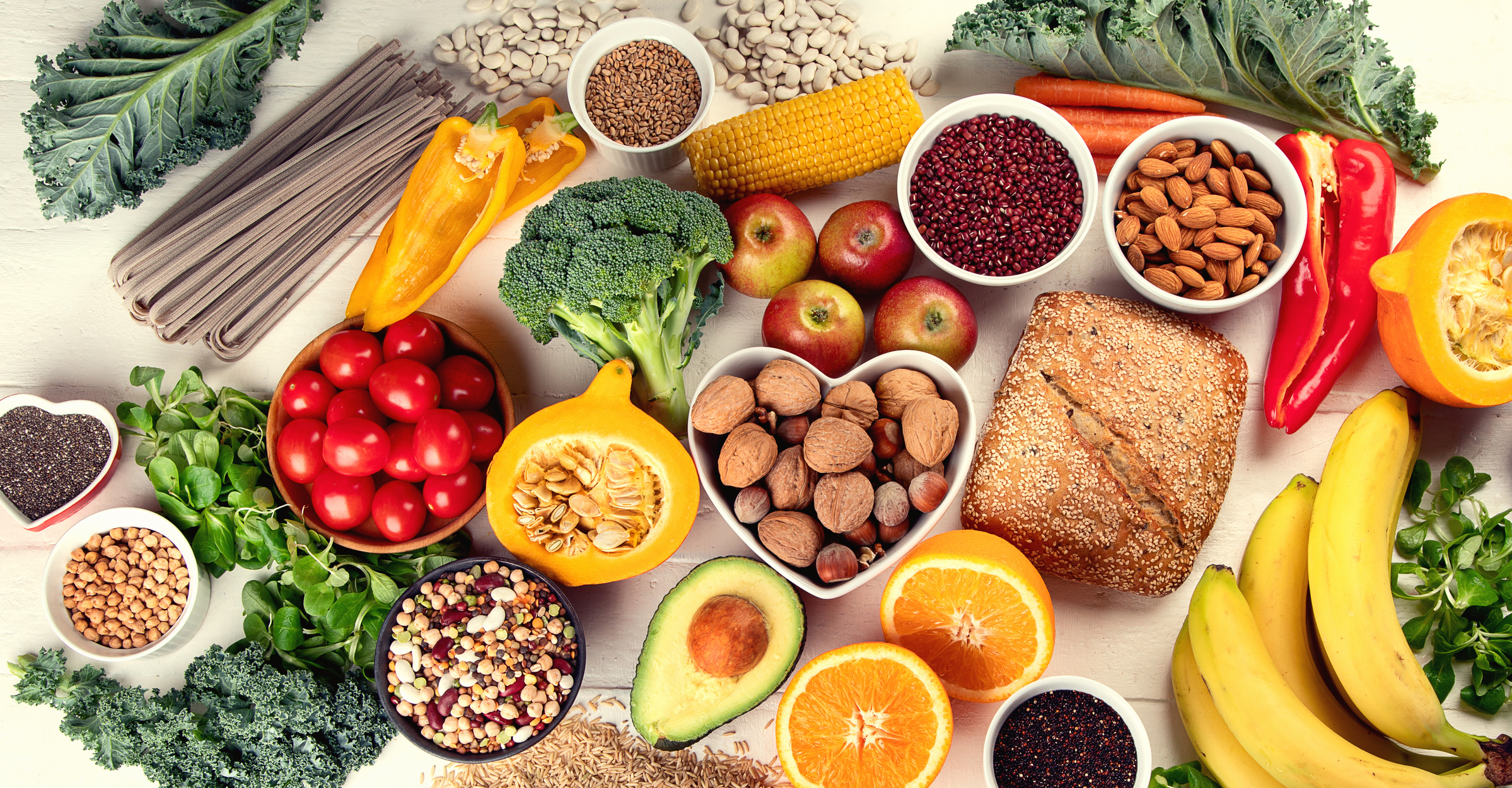
A high-fiber diet can help seniors with digestive issues, including constipation. This diet emphasizes fruits, vegetables, whole grains, and legumes. It can help improve digestion, control blood sugar levels, and reduce the risk of heart disease.
The Low-Glycemic Diet
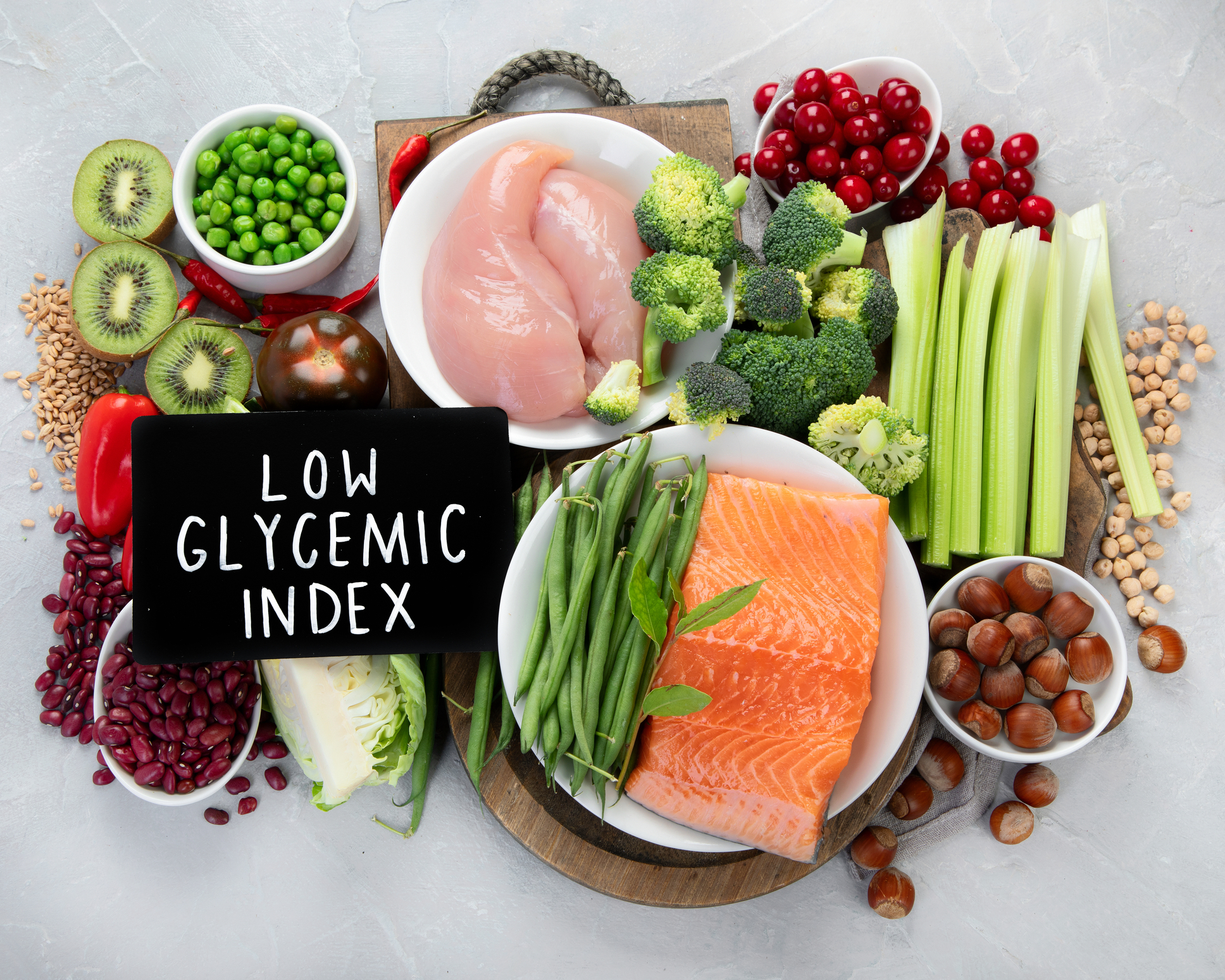
The Low-Glycemic diet focuses on foods that have a low glycemic index, helping to control blood sugar levels. This diet can help seniors with diabetes or prediabetes. It emphasizes whole grains, fruits, vegetables, and lean proteins.
There are numerous diets that can enhance the health and well-being of seniors. Each diet has its unique benefits and potential drawbacks, and what works best will depend on individual health goals, dietary preferences, and lifestyle. Always consult with a healthcare provider or a dietitian before making significant changes to your diet. Remember, the goal is not just to live longer, but to live healthier and happier.
